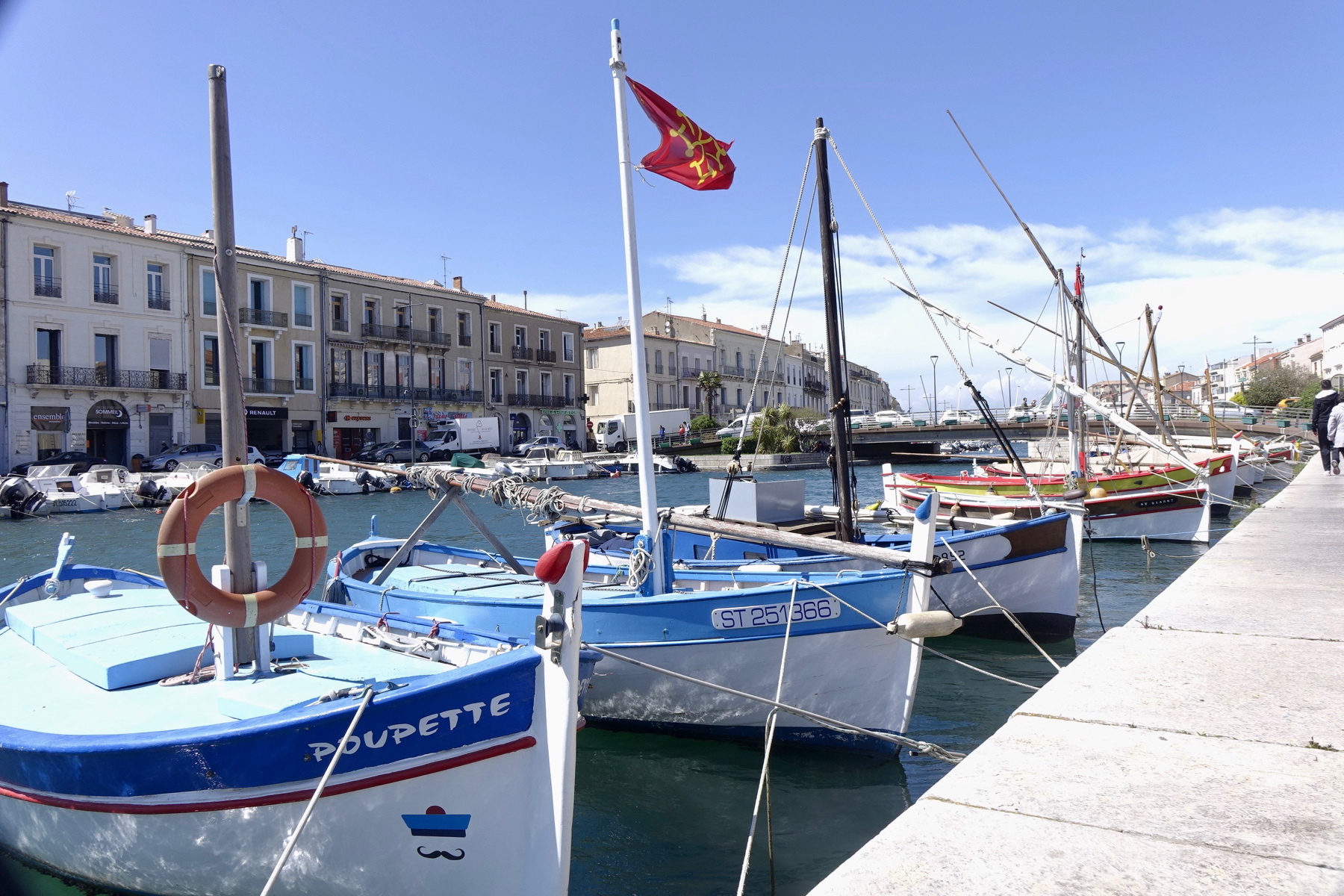 After I fell off a mountain, I was overwhelmed by well wishes for a speedy recovery coming from around the globe. Once again, I was reminded that the true meaning in life comes from our connection with others.
After I fell off a mountain, I was overwhelmed by well wishes for a speedy recovery coming from around the globe. Once again, I was reminded that the true meaning in life comes from our connection with others.
You think I have a positive, kick-butt attitude, but this latest injury sent me into a tailspin. I cried for 48 hours from the pain, frustration and anger at myself for my stupidity in attempting to sail downhill on two skinny sticks aka skis. Yet that drive to seize the day and refuse to give into limitations put me up on that mountain in the first place.
I know all about the repercussions from accidents. This is not my first rodeo; a clavicle is not my first shattered bone. In college, I played basketball with a broken finger and in young adulthood learned to walk again after car accident busted my back and sternum.
After my latest mishap, I wallowed in my little-woe-is-me-self-pity mode for a few days feeling isolated and disconnected from others as I struggled to force my body to stay still. Out of respect for my loyal followers, I thought I would let readers know I was out of commission for a while never expecting such an outpouring of sympathy as a result.
Family members phoned regularly and uplifting words from childhood buddies, high school classmates, college friends, colleagues, teammates, and athletes I’ve coached poured in on Messenger, WhatsApp, Facebook and email.
 Incapacitated again, my husband became my right hand man so to speak. Like a kindergartner I asked for help tying my shoes, zipping my coat, cutting my meat. Humbled by my limitations, I realized our interdependence can never be underestimated. How powerful those simple acts of kindness can be especially when we are down and out.
Incapacitated again, my husband became my right hand man so to speak. Like a kindergartner I asked for help tying my shoes, zipping my coat, cutting my meat. Humbled by my limitations, I realized our interdependence can never be underestimated. How powerful those simple acts of kindness can be especially when we are down and out.
Today I wanted to share my good news. As my collar-bone realigns and the pain recedes, my doc says I won’t need surgery IF I can sit still and behave for a few more weeks. No easy feat for ol’ daredevil of East 19th street.
I wish I could say after this latest exploit that I learned my lesson. That I have become a self-actualized, blissed-out human being happy just sucking air everyday. Instead I remain restless, anxious to get back in the game, and live life to the fullest even with all the risks.
My take away message from this misadventure – go on keep reaching for the stars – but never take for granted the value of our human connections and the healing power of words.





















